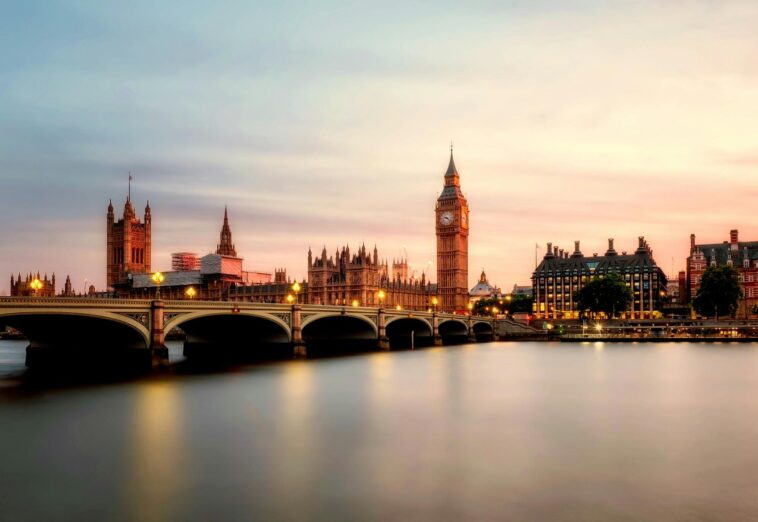Visiting London is on many travelers’ bucket lists, and for good reason. With its royal landmarks, iconic black cabs, world-class museums, and multicultural cuisine, England’s capital offers an unforgettable blend of history and modernity. But if you’re visiting from outside the UK, especially the United States, there are a few cultural curveballs to be aware of.
Here are 9 of the most common culture shocks visitors experience in London, along with practical dos and don’ts to help you enjoy your trip like a local.
Expect Smaller Portions, DON’T Waste Food
One of the first things travelers notice in London is the portion size. Unlike in the U.S., where restaurant servings often border on the excessive, London meals tend to be more conservative. This isn’t about stinginess, it’s just a reflection of British dining habits, which emphasize quality and moderation over volume.
If you’re used to heaping plates or bottomless drinks, you may be surprised. Don’t over-order at first; see what a typical entrée looks like before adding extras. And if you don’t finish your meal, it’s perfectly acceptable to ask for a takeaway container, though it’s less common than in the States.
Learn the Local Tipping Etiquette — DON’T Over-tip

Tipping in London isn’t as ingrained as it is in North America. In most restaurants, a “service charge” (typically 10–12.5%) is automatically included in the bill. If it’s not, a 10% tip is polite, but tipping 20% or more can feel out of place.
It’s also not customary to tip for every service. You don’t need to tip bartenders, and taxi drivers usually round up to the nearest pound. In cafés or casual eateries, tossing a few coins into the tip jar is appreciated, but not required. When in doubt, check your receipt or discreetly ask if service is included.
Embrace British Reserve — DON’T Mistake It for Rudeness
British people, especially Londoners, are often more reserved in public than Americans. This doesn’t mean they’re unfriendly, it just means they value privacy and personal space. Don’t be surprised if strangers on the Tube (subway) avoid eye contact or if conversations with locals seem more formal.
Londoners are polite, but they’re not typically chatty with people they don’t know. Respect this cultural norm, and avoid loud conversations in public transport or queues. That said, if you need help with directions or a recommendation, people are generally happy to assist, just approach them with a respectful tone and a smile.
Use British English — DON’T Assume Everyone Understands American Terms

Yes, English is spoken on both sides of the Atlantic, but the vocabulary can differ in unexpected ways. For instance, asking for “chips” in London will get you fries, while “crisps” are potato chips. A “jumper” is a sweater, “pants” mean underwear, and “biscuits” are what Americans call cookies.
Using the correct terms can help avoid confusion, especially in restaurants or shops. It’s not about faking an accent, it’s about communicating effectively. Pick up a few local phrases, too, “cheers” is a casual thank you, and “loo” is a polite way to ask for the restroom.
Respect the Queue — DON’T Skip the Line
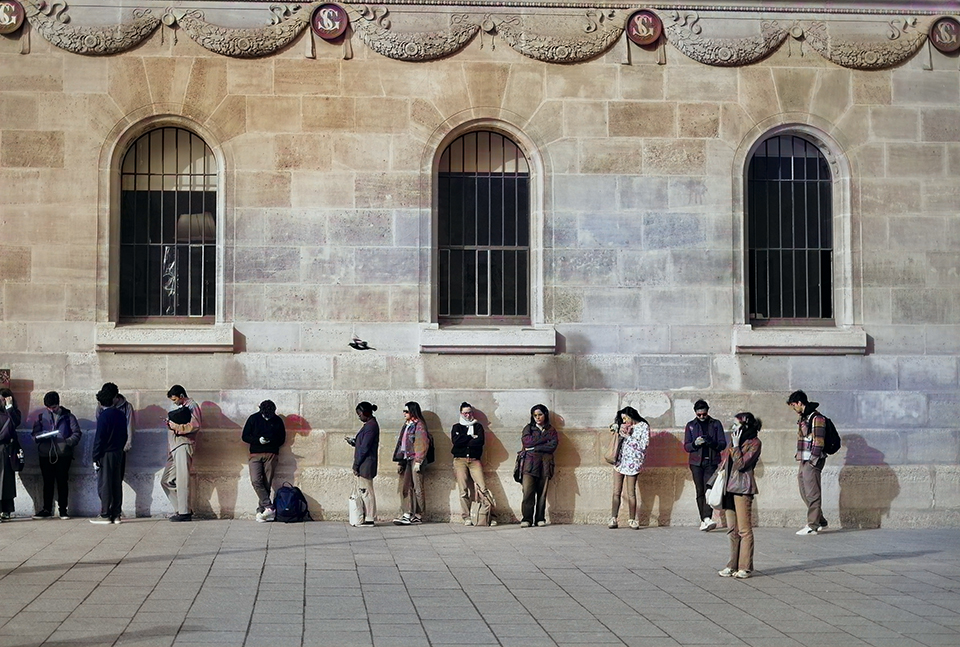
If there’s one golden rule in the UK, it’s respect the queue. Queuing, lining up, is practically sacred in British culture. Whether at a bus stop, a food stall, or a museum entrance, cutting the line is a serious social offense.
Even if there’s no visible rope or signage, observe the flow of people and ask, “Is this the queue?” if you’re unsure. Londoners take pride in orderly, fair lines, and ignoring this unspoken rule can earn you more than a few side-eyes.
Prepare for Less Air Conditioning — DON’T Complain Loudly
Air conditioning isn’t standard in many older buildings across London, especially residential flats, small shops, or historic hotels. While large department stores and trains typically have some cooling, don’t expect Arctic blasts everywhere you go, especially during summer.
Locals manage with open windows and fans, and many are used to tolerating a bit of heat. If you’re visiting in warmer months, pack breathable layers and stay hydrated. Loud complaints about the lack of AC might come off as entitled, so take it in stride and enjoy the unique rhythm of London life.
Explore the Food Scene — DON’T Dismiss British Cuisine
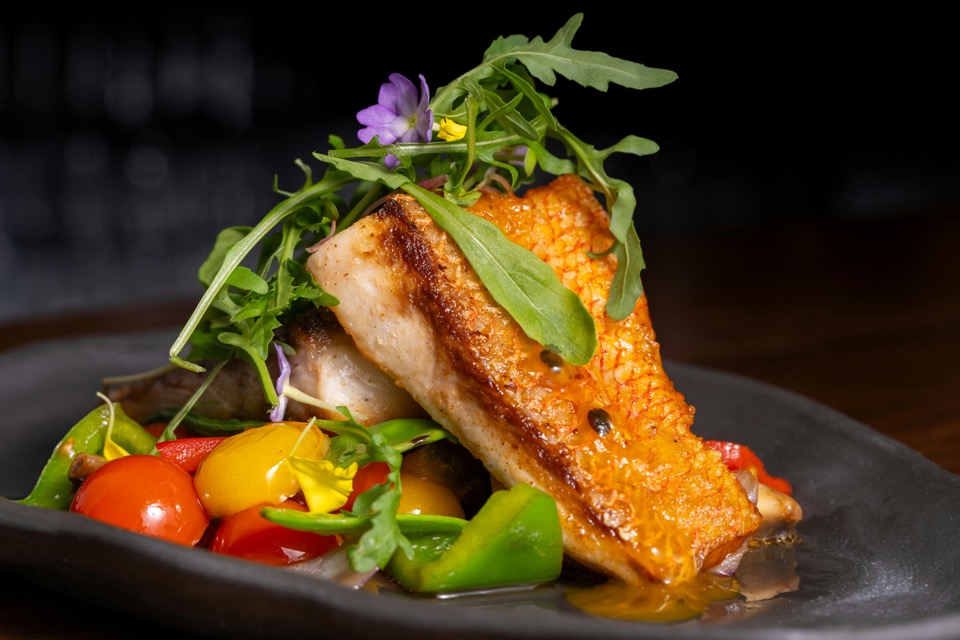
London’s culinary reputation has come a long way. While travelers still joke about “bland British food,” the city now boasts Michelin-starred restaurants, vibrant street food markets, and diverse offerings from around the world.
Yes, you should try traditional fare like a full English breakfast or Sunday roast. But don’t miss out on international gems, Indian curries on Brick Lane, West African dishes in Peckham, or Middle Eastern cuisine in Camden. Embrace the opportunity to expand your palate, and don’t be afraid to ask locals where they eat.
Expect Shorter Opening Hours — DON’T Assume 24/7 Access
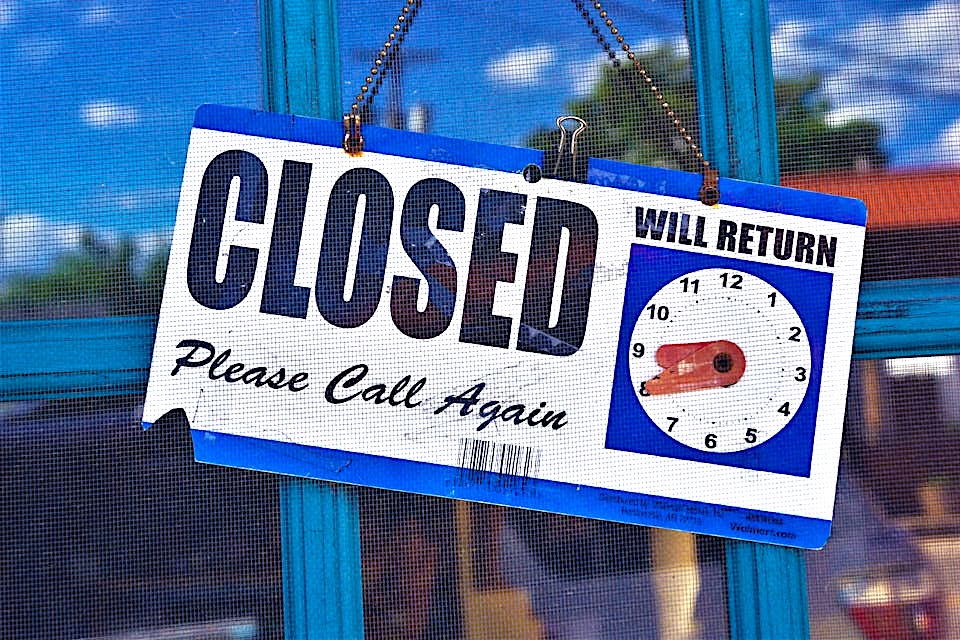
Unlike in many U.S. cities, not everything in London is open late. Many shops close by 6 or 7 p.m., and even pubs typically stop serving drinks by 11 p.m. While you’ll find some late-night spots in areas like Soho or Shoreditch, 24/7 convenience stores and diners are rare.
Plan accordingly: grab essentials earlier in the day, make restaurant reservations, and research your neighborhood’s hours. Sundays in particular can be slow-paced, with reduced public transit service and limited business hours.
Immerse Yourself in Local Traditions — DON’T Assume It’s Just Like Home
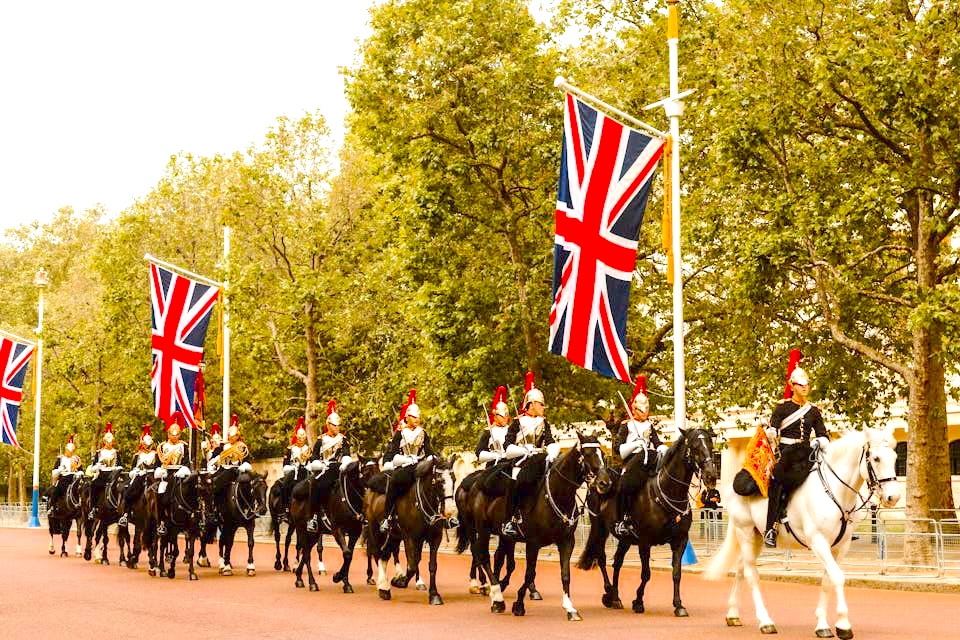
London is full of rich traditions, from royal ceremonies to quirky seasonal events. If your visit coincides with Trooping the Colour, Notting Hill Carnival, or even Bonfire Night, take part and observe with curiosity. These experiences offer a deeper understanding of the city’s identity.
Don’t expect London to mimic American holidays or norms, Halloween and Thanksgiving, for example, are not widely celebrated. Embrace the local customs, dress codes, and public etiquette. Your openness to new experiences will make your trip far more rewarding.
Final Thoughts for London Travelers
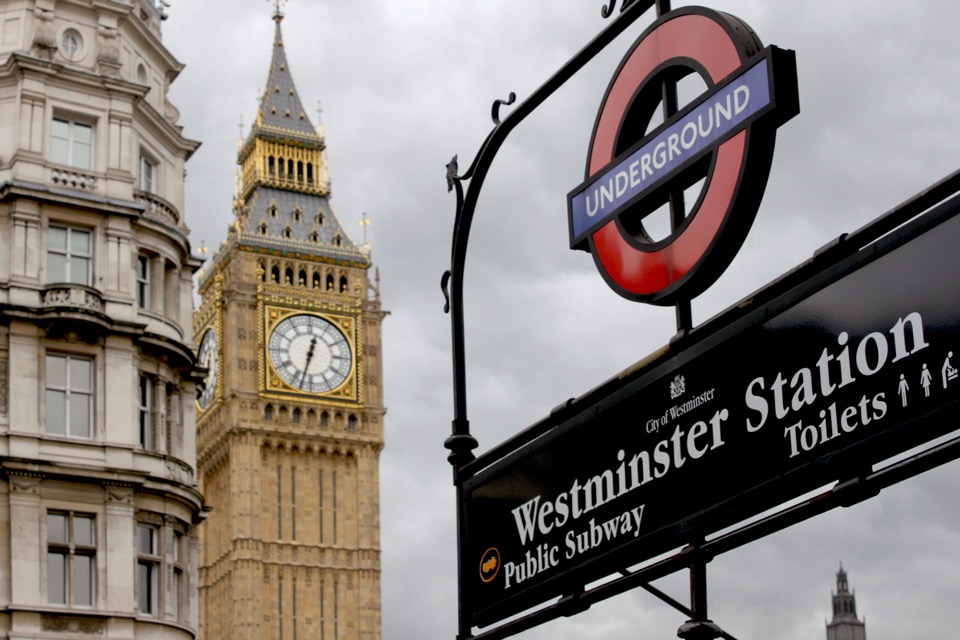
London is a city of charm, character, and constant movement. While some culture shocks are bound to happen, approaching them with flexibility and curiosity will help you blend in and enjoy more of what this incredible city has to offer. Take your time, walk the neighborhoods, and remember: mind the gap, and the queue.
